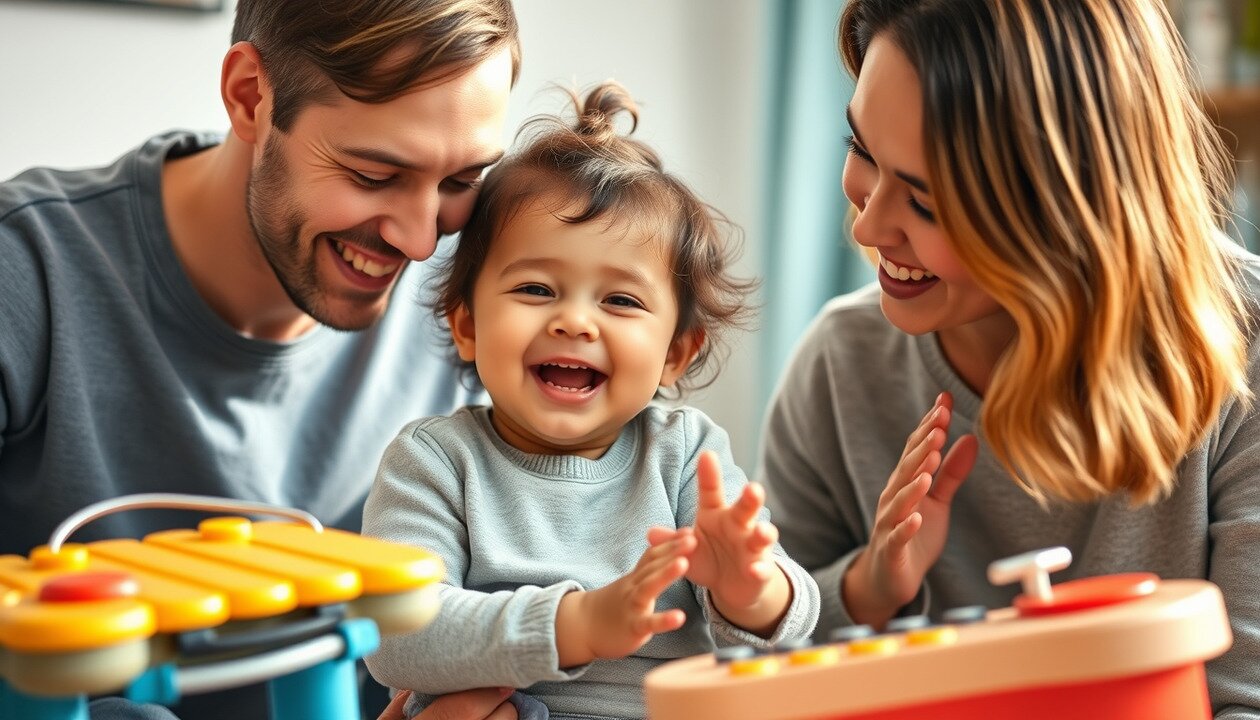
Q — Questions and Curiosity
Songs Spark Thinking, Wonder, and Language in Little Minds. Songs introduce concepts, characters, and feelings that provoke questions. Curiosity becomes a language engine. Music turns “What’s that?” into “Tell me more!”
Curiosity Is the Brain’s Favorite Fuel
Every time a toddler asks “What’s that?” or “Why?” — a door opens.
At Kids First Class, we design those doors. And we open them with music.
Our songs aren’t just melodies — they’re carefully crafted conversation starters.
They introduce ideas, emotions, characters, questions, and new vocabulary — all wrapped in joyful rhythm.
The result? A mind that doesn't just listen…
It wonders, responds, and grows.
Music as a Curiosity Engine
Neuroscience shows that curiosity is a powerful learning enhancer:
It activates the brain’s reward systems, making learning feel exciting
It increases memory retention, especially when the information satisfies a question
It drives language development, as children search for words to express their thoughts
And music is the perfect delivery system.
Songs invite inquiry in a natural, playful way. They pose puzzles, suggest emotions, raise possibilities — and most importantly, leave space for questions.
From Sound to Speech to Search
When a child hears:
“A dragon sleeps under the moonlight...”
“Why did the little frog cry today?”
“What if stars could whisper names?”
Something magical happens: they want to know more.
Curiosity becomes conversation, and conversation becomes language.
That’s why our music doesn’t just teach.
It teases the mind open — and lets language flow in.
The Curiosity Habit Begins Early
Curious children become:
Better listeners
More articulate speakers
Sharper thinkers
Self-motivated learners for life
By embedding curiosity into every chorus, rhyme, and rhythm, we train the brain to ask questions — and seek answers with joy.